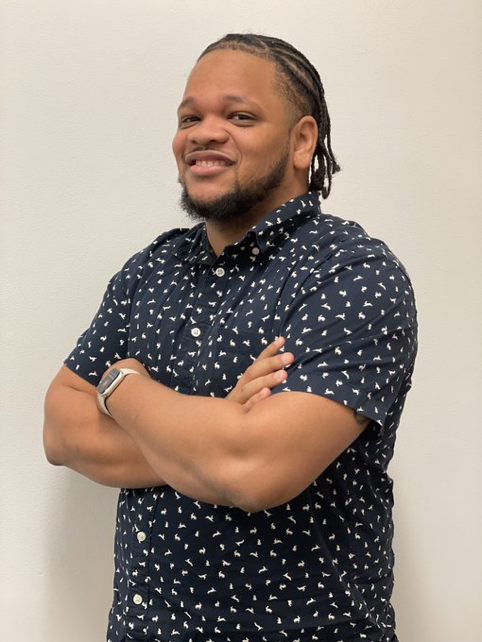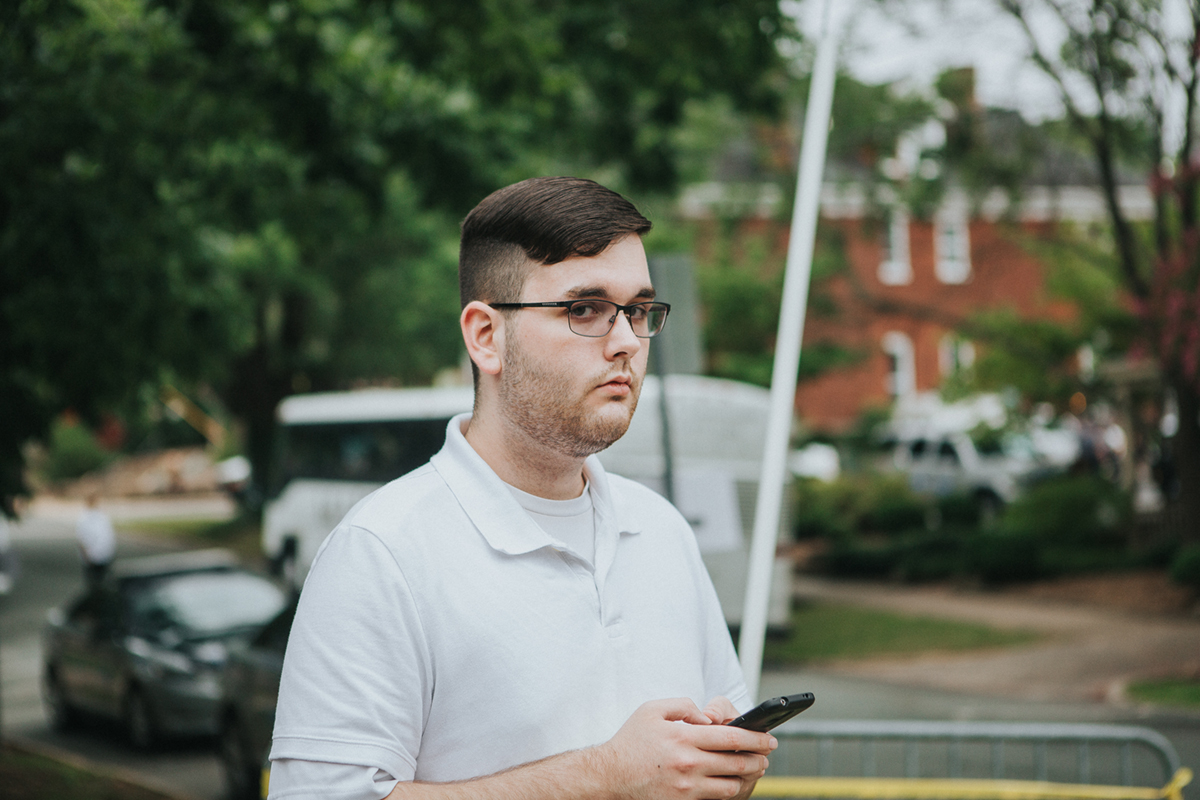Judge approves seizing Fields’ funds
Six years after Charlottesville made national headlines during the deadly Unite the Right rally, a Virginia federal judge has authorized law enforcement officials to seize funds in the commissary account of James Alex Fields Jr., who was given two life sentences without the possibility of parole for killing one woman and injuring dozens more when he plowed his car into a crowd of peaceful protesters on August 12, 2017.
Inmates use money in their commissary accounts to purchase discretionary items, such as food, hygiene supplies, and technology. Fields’ account balance has suspiciously reached new heights. The Justice Department hopes to seize at least $650 of Fields’ funds, and use the money to help pay off $81,600 in unpaid restitution and fines from his criminal case.
The names of donors to the account were concealed by the Justice Department—prosecutors claimed “various individuals’’ have been sending Fields money. However, testimony from a civil federal lawsuit filed against Fields suggested affiliated white supremacist groups could be behind the cash influx. Fields may also be in contact with other white nationalists.
Court filings indicate Fields’ trust balance was $759.86 in December of 2022. The current balance is unknown, but prosecutors say it is “significant.”
In a handwritten note, Fields requested the court “to reduce the payment from my trust account requested by the Government from $650 to $298.” He said he intends to use the money for postage stamps, phone calls, and other “sundry items.”
Prosecutors noted blemishes in Fields’ prison track record. In December 2020, he allegedly crafted a homemade knife, and, the following month, made a “threatening remark” to a prison officer.
Michael F. Urbanski, a federal judge for the Western District of Virginia, denied Fields’ appeal. The court retains the right to seize Fields’ funds, but Urbanski’s office refused to release the court transcripts.
Because the court provided limited context, the basis of Urbanski’s ruling is unclear. The impression left by prosecutors though, and the little information available, points toward the possibility of conspiracy involving Fields and known white supremacist groups.
On what grounds did the court seize Fields’ funds, and were they meritable? According to CJ Oswald, a doctoral student of philosophy and law at the University of Virginia, “it’s complicated. This is one of the things you run into in both moral and political philosophy. You want to prevent harm as much as possible, and you want to prevent certain groups from coordinating in particular ways. But there are also legitimate concerns about the expansion of state power and monitoring. This is what you see after 9/11 and the institution of homeland security and their monitoring programs of U.S. citizens. And then beyond that, there’s the issue of the pre-punishment case.”
A self-proclaimed white supremacist, the then-20-year-old Fields drove to Charlottesville in August 2017 from his home in Maumee, Ohio, to support protesters opposing the removal of Charlottesville’s Robert E. Lee statue. His time in the city was lethal: Fields killed 32-year-old Heather Heyer and injured 35 others.
In 2019, Fields was sentenced in Virginia state court to life in prison, plus 419 years and $480,000 in fines. A month earlier, a federal judge also sentenced Fields to life in prison (the two sentences are running consecutively). Fields pleaded guilty to 29 federal hate crimes to avoid the death penalty, and is currently housed at a federal prison in Springfield, Missouri.
In brief
Man killed
At 2am on March 18, police responded to a shooting in a parking lot near Elliewood Avenue on the UVA Corner, and issued a shelter-in-place order. The victim, 26-year-old Cody Brian Smith of Charlottesville, died from his wounds at the hospital. On March 20, Charlottesville detectives arrested and charged 21-year-old Lakori Brooks with second degree murder and the use of a firearm in the commission of a felony in connection with the shooting.
Missing teen
Seventeen-year-old Quiniya Mikia Best ran away from home on February 24, and has not been seen since. Best—who is 5’2″, weighs 175 pounds, and is known to frequent areas in Charlottesville and Waynesboro—was last seen wearing a medical boot on her right foot, a red and black shoe on her left foot, blue jeans with ripped knees, and a gray or black sweater. Anyone with information regarding her whereabouts should contact Detective Christopher Wagner at 970-3973.
Dropping out, joining in
Charlottesville social services assistant Dashad Cooper has dropped out of Virginia’s 54th House District race, and is now running for the Democratic nomination for Charlottesville City Council. Mayor Lloyd Snook and Councilor Michael Payne announced their re-election campaigns last month, but it remains unclear if newly appointed Councilor Leah Puryear will run for re-election.

Travel scholarships
Local residents can apply for an up to $1,000 scholarship to participate in a trip to one of Charlottesville’s Sister or Friendship Cities this year. To apply, go to cvillesistercities.org/travel. Applications are due by March 29 at 5pm.
